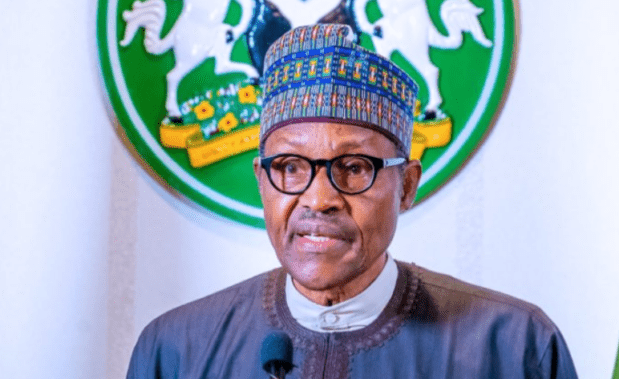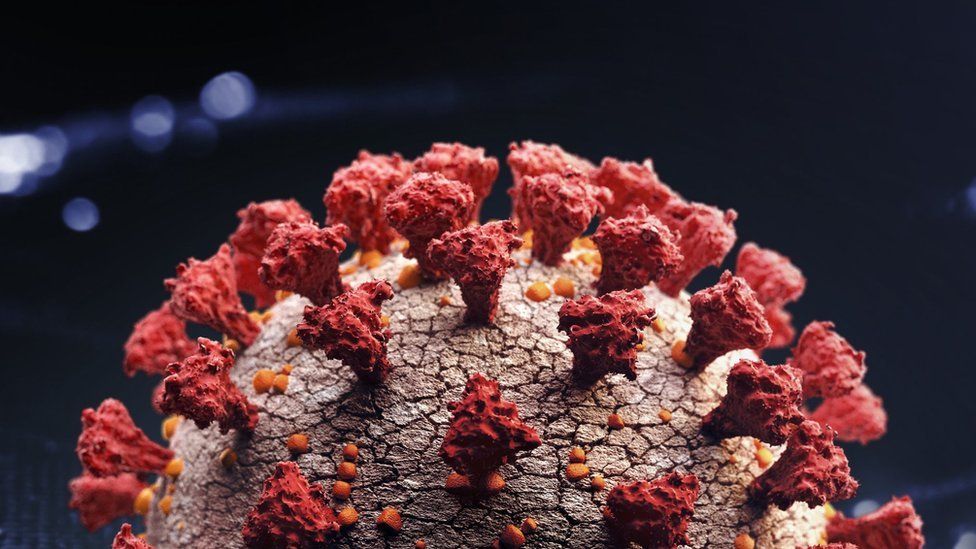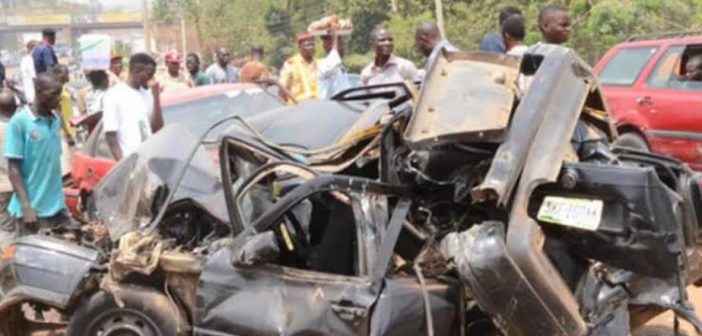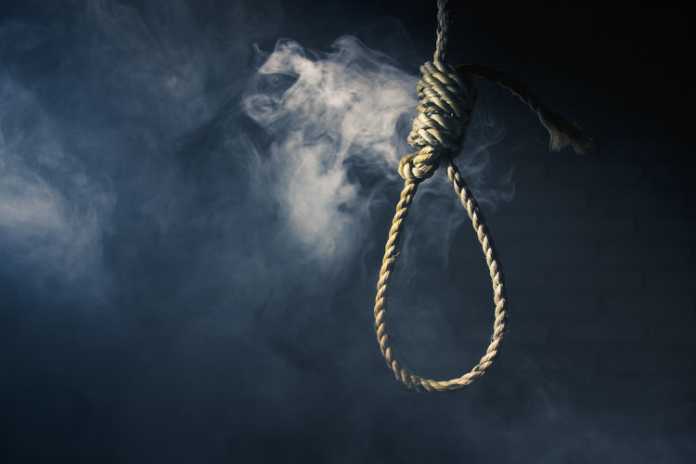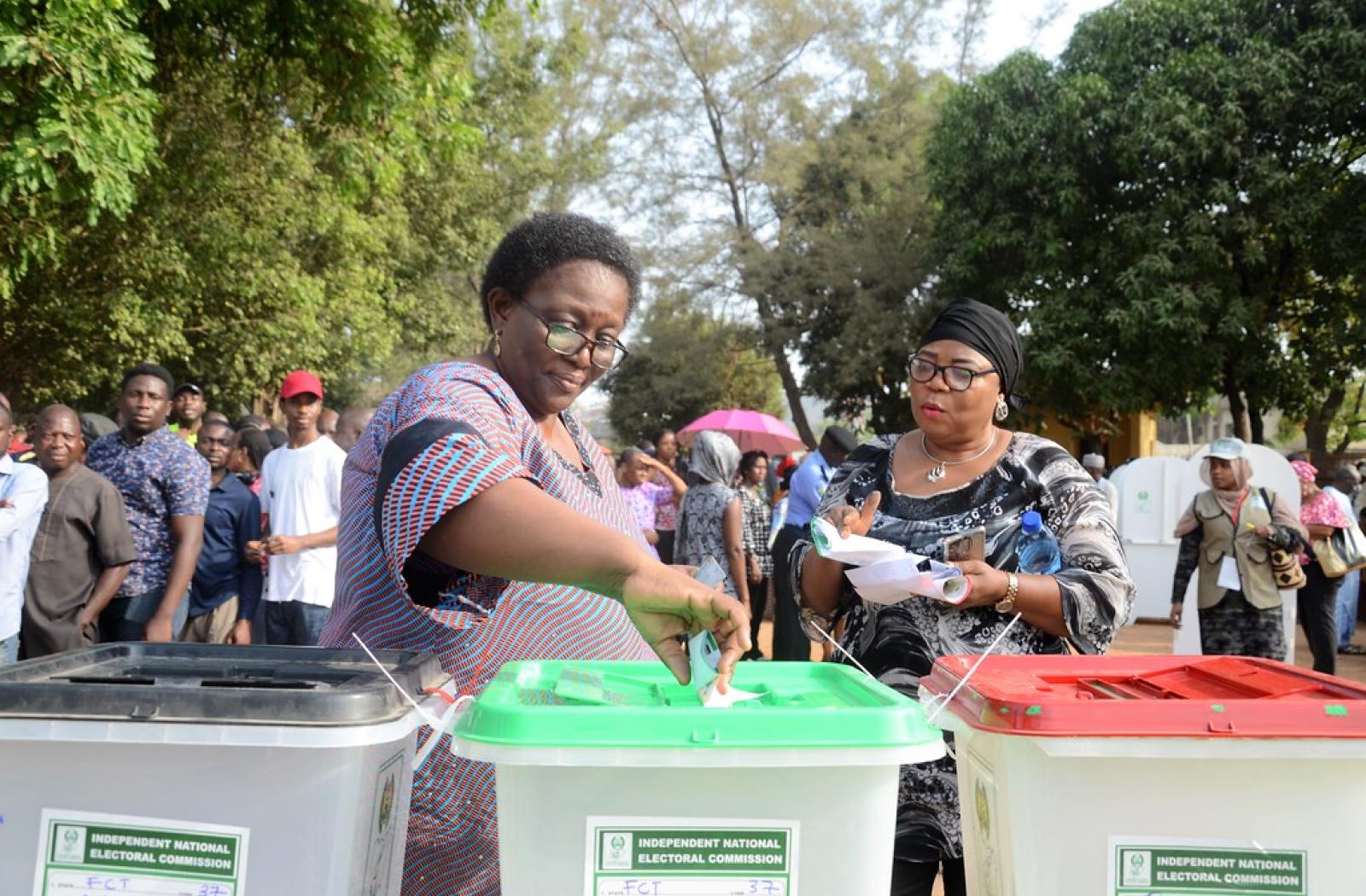Russian warship pulls up on South Africa’s east coast for naval exercise
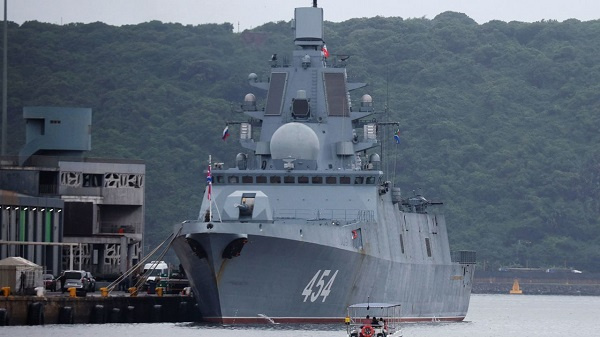
As the anniversary of Vladimir Putin’s brutal invasion of Ukraine approaches, a Russian warship armed with one of Moscow’s most powerful weapons pulled into a port on South Africa’s east coast this weekend.
The frigate Admiral Gorshkov – carrying hypersonic Zircon missiles, according to President Putin – has a “Z” and “V” crudely painted in white on its blackened smokestack, just like the Russian tanks and artillery pieces that rolled into Ukraine a year ago.
It is participating in a 10-day naval exercise in the Indian Ocean alongside South African and Chinese warships, war games that South Africa says have long been planned.
But the timing of the exercises has Western diplomats privately incensed and publicly critical, and they risk an embarrassing backlash for the government in Pretoria.
“The timing of these exercises is particularly unfortunate and will focus the world’s attention on South Africa during the anniversary of the war. I don’t think Western nations are going to let this one slide,” said Steven Gruzd, head of the African Governance and Diplomacy Program at the South African Institute of International Affairs.
“It is very disturbing, that South Africa is hosting a military exercise with the country – an aggressor, invader – that is using its military force against a peaceful country, bringing destruction and trying to eliminate the Ukrainian Nation,” said Liubov Abravitova, Ukraine’s ambassador to Southern Africa.
Based on realpolitik alone, freezing out Russia or, at the very least, postponing the naval exercises, may have seemed like a smarter choice.
Ukraine’s biggest supporters, the United States and countries in the European Union are also big trade partners for South Africa.
European Union and US two-way trade with South Africa outstrips Russian economic ties many times over. And though Russia promises more trade deals, its battered economy is unlikely to provide the direct investment that South Africa desperately needs.
South African officials also point to drills held with the French and US militaries in recent years.
Cold war allies
But ties between South Africa’s ruling African National Congress (ANC) and Moscow run deep – and they aren’t easily broken.
“By default, we are on the side of Russia. And to us, Ukraine is what we call a sell-out. It is selling out to the west,” said Obey Mabena, a veteran of the ANC’s armed wing in an interview last year with CNN.
While Mabena doesn’t represent the government or the ANC, his sentiment is likely shared by more than a few ANC stalwarts.
Mabena fled South Africa in the 1970s, like many in his generation, driven out by the police brutality of apartheid South Africa. In exile, many South African youth joined the armed wing of liberation movements like the ANC and Pan Africanist Congress.
There were often Soviet advisers at their training camps in other African countries.
“We found that there is a country like the Soviet bloc that was ready to give us everything that we needed. Give us food, they gave us uniforms, they trained us, they gave us weapons,” said Mabena, “For the first time we came across White people who treated us as equals.”
Liberation fighters and politicians have a very different experience with the West. The US government only supported comprehensive economic sanctions in the mid-1980s – decades after the apartheid regime took power.
Anti-apartheid activist and South Africa’s first Black president, Nelson Mandela was on a terror watchlist until 2008 – a holdover from Cold War. Many ANC members are convinced that the US Central Intelligence Agency (CIA) had a hand in Mandela’s capture, something that has never been proven.
Of course, many of the ANC cadres went to Soviet-era Ukraine for their education and training.
And the anti-apartheid movement had some of its most powerful allies in the US. In Congress, then-senator Joe Biden famously lambasted Ronald Reagan’s secretary of state for backing the White South African government.
Negotiations, not arms
In recent years, South Africa’s links to Russia have only deepened with the formation of BRICS, the economic and diplomatic partnership of Brazil, Russia, India, China, and South Africa.
Backing out of the joint naval exercises would have been an insult to Russia, but likely also to China, a far more important economic partner.
South Africa’s chief diplomat called some of the criticism of the naval exercises a “double standard.”
Like several African nations, South Africa has abstained from UN General Assembly votes to condemn Russia’s invasion and the annexation of Ukrainian territory.
“The response we got is you can take it or leave it. And in the face of that arrogance, we thought the only decision we could take was to abstain,” Naledi Pandor, minister of international relations and cooperation, told CNN in June.
She maintains that the goal for the global community should be a negotiated settlement between Russia and Ukraine under the authority of the United Nations. South African President Cyril Ramaphosa has offered to mediate in those talks.
Neither side has taken him up on the offer. But South Africa’s stance on the war has hardly frozen out the country. US Secretary of State Antony Blinken, Treasury Secretary Janet Yellen, and other senior US diplomats have all visited South Africa since the start of the war.
Perhaps mindful of the history, America’s senior diplomats are careful not to criticize South Africa by name.
But if South African officials believe their stance is the pragmatic approach, it is difficult to argue that it is the moral one. Certainly with a pedigree of moral giants like Nelson Mandela and Desmond Tutu – the late Archbishop of Cape Town whose foundation said this was no time to “sit on the fence.”
Pretoria may come under even more criticism if, as rumoured, Russia test-fires a hypersonic Zircon missile from the frigate Admiral Gorshkov during the naval exercises.
The missiles are long-range weapons that travel more than five times the speed of sound and are harder to detect and intercept than other missiles.
Putin has previously boasted about them. “It has no analogues in any country in the world,” he said, according to TASS. “I am sure that such powerful weapons will reliably protect Russia from potential external threats and will help ensure the national interests of our country,” he added.
Showing them off in the joint drills could be another propaganda highlight for the Russian leader, whose weapons haven’t lived up to expectations in the Ukraine war.
And by staying assiduously “neutral,” South Africa could be handing Putin a significant win on the anniversary of the war.
“They are going to milk this. Russia is going to use this as a propaganda tool and the message is ‘we have friends, we have cooperation,’” Gruzd said.
Source: edition.cnn.com

